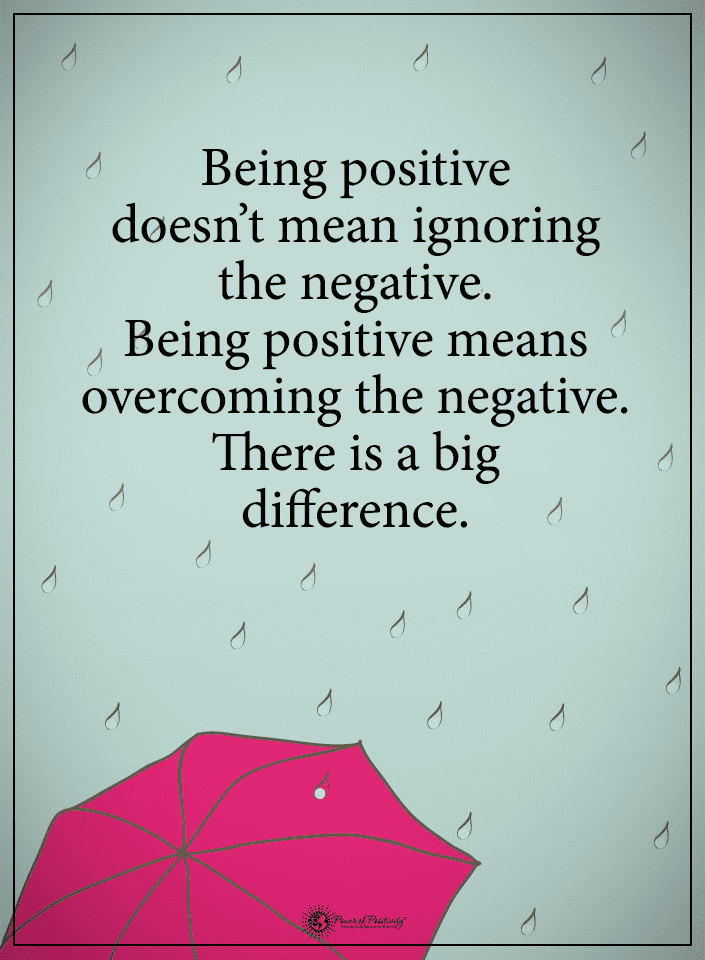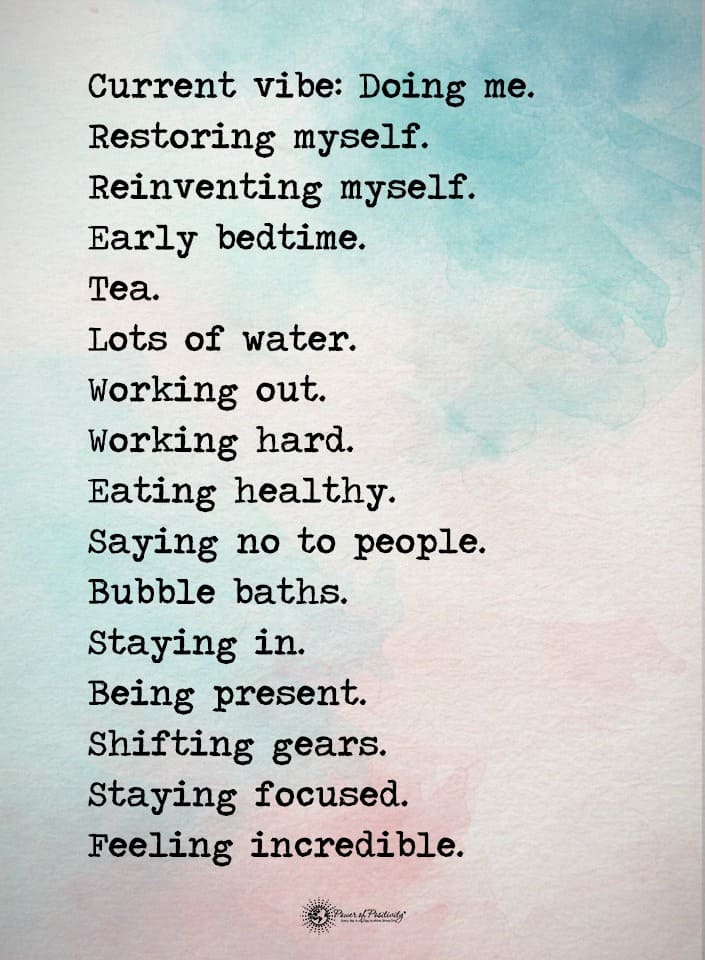Regarding relationships, women aren’t the only ones with doubts, as men have them too. While they might not be as eager to voice their concerns, it doesn’t mean they’re not questioning and wondering about many things. Women tend to be more vocal with their insecurities, but men bottle up these feelings and let them fester.
Any healthy relationship allows both partners to be vulnerable and share the things that bother them most. However, the very makeup of the male species often prohibits them from being so open. Just because your guy hides his insecurities doesn’t mean it’s not a real problem. Men often overthink, which can cause them to doubt you or your connection.
NOTE: If you want to learn what women think about in their relationships, we address their desires separately.
Seven Common Thoughts of Guys in Relationships

Most men think about sex, as they’re known for their healthy libidos. However, an article from Ohio State University debunks these theories, as they’ve found women are just as apt to have a healthy sex drive.
Still, men think about things a lot regarding their relationships; some thoughts are healthy, while others are destructive. Here are some everyday things males tend to deliberate, which can lead to overthinking.
1. Will She Try to Change Me?
One of men’s and women’s most prominent fears in relationships is that they will try to change one another. The worst thing anyone can do is to think that these annoying quirks are something you can fix in the other person. Guys are scared and worry about a woman wanting to alter them somehow.
Maybe he likes having the guys over for poker night and wants to feel free to be himself in his home. He likely deliberates how a profound connection with a lady will alter him. Ironically, some alterations occur between males and females when they become a couple.
The difference is these changes happen without anyone poking or prodding you to make them. When you love someone, you want to become a better version of yourself, so you get a better job and strive to be all they want and need in a partner. These changes come naturally and differ from those because a spouse constantly nags.
2. Will We Lose the Spark Between Us?
You want to keep that magic alive when you find someone that makes your heart skip a beat. Women often worry that things will fizzle out and he will be drawn to another pretty face, but the truth is that guys worry about these things too.
The fire and passion that exists between you can quickly smolder. How can you survive when your once-burning inferno is nothing more than smoke and ashes? When the spark goes, it’s often the case that guys become bored.
Continuing in a tiresome situation is like pulling teeth, as no one wants to do it. The thrill and excitement they feel in the beginning aren’t going to last long, but they’re worried that their hot relationship might fizzle and become dull.
3. Is My Freedom in Jeopardy?
Remember being a kid and asking your parents before you went anywhere? Parents are overseers and try to keep you safe. When you’re older, freedom comes from making your own choices. Independence is beautiful, and many guys fear losing this when they become involved with someone seriously.
Everyone has significant parts of their life that are important to them, and you often won’t notice how essential they are until they are gone. There are some things as a couple you do out of common courtesy. For instance, if you’re going to be late for dinner, you call to let the other person know.
When you need to work over, you communicate with your partner, so they don’t worry when you don’t show up at your standard time. These things aren’t taking away your independence but are out of respect. However, there are some natural shifts in your freedom that occur.
Vacations are not just about you; you have another person to consider. No guy wants to answer to anyone, so they’re afraid you’re going to turn into that parent who wants to know where they are, who they’re with, and when you will be home. While they know some things will change, they don’t want to lose their freedom.
4. Will I Lose My Masculinity?
Many guys fear that women will steal away their masculinity. When a man settles down into life with a wife and kids, he doesn’t have time for hanging with the guys and doing the club scene as much. He’s afraid of how the outside world will view him when he’s snuggled up to a woman in public.
The once tough guy exterior can quickly be wiped away when Cupid’s arrow gets him right in the heart. Holding on to his masculinity is very important to a man, as he wants the world to view him as a leader and warrior. He may fear that letting his softer side and being in love might change things a bit.

5. Will She Leave Me for Someone Better?
No one wants to be scared that their partner will leave. Men fear you will find someone more affluent, nicer looking, and with a better personality. Ironically, an article published by Monash University states that men who are afraid of commitment also fear being dumped.
They further state that they fear ambitious women because they know their inner drive can be hard to manage. They may move on to something bigger and better, leaving them in the lurch. Breaking up is hard to do, and the pain that comes from losing someone you love affects men and women equally.
The critical difference is that men don’t often talk about the pangs from a breakup, and they bury the agony deep inside.
6. Am I Good Enough?
It’s common for guys to act macho and show off their tough exterior, but these outward displays can often camouflage insecurities inside. When a guy falls head over heels for a girl, he wants to impress her in any way possible. Sadly, it’s during these moments that he becomes aware of his flaws and imperfections.
Rather than looking at all the fantastic things they have to offer someone, they have doubts that creep in. They see themselves as “less than others,” and it’s damaging to their self-esteem. A woman often will admit her insecurities and talk to people she trusts about them, but a man often wants to protect those innermost parts of his heart. He has a reputation to protect and doesn’t want anyone or anything to mess with it.
Keeping insecurities bottled up inside is not healthy. Previously, society engrained in males that they should never show their vulnerabilities. However, it’s been proven that suffering in silence only leads to mental health issues.
7. Am I As Good as Her Ex?
Most women have a person who sets the bar high regarding relationships. It’s often the first love or man she had sex with, but this person holds the top spot in her heart. Even though these individuals may be long gone, they still hold them in high regard. Being involved with a woman lets you know about her past, and she’s likely vocalized what she loved about her ex.
Women often have nagging thoughts and compare the males in their lives, but guys often compare them too. They want to make sure they can measure up. Here are some questions about the ex-lover that roll through a man’s mind:
- Am I as good in bed?
- Can I give her the same financial security?
- Am I as good-looking as him?
- Do I make her laugh and have fun like him?
- Does she like me as much?
- Will I ever hold the same place in her heart?
Guys can’t help but compare themselves with their lady’s previous partners. No one wants to be the rebound man, so he might wonder if you’re using him to get over someone else. Though it’s not always warranted, many guys feel threatened by the men before them.
Final Thoughts on the Questions Men Ask Themselves in Their Relationship
Relationships must be symbiotic. A man knows the value of what they have, and they want you to see the value in them. He wants to please you, and he also wants to be happy. Still, he’s always going to have lingering doubts and questions that run through his mind that cause him to overthink.
Creating a safe space where your guy can talk to you about everything that bothers him is essential. Open communication can help keep your connection healthy. Staying connected can prevent any toxic misconceptions that may arise from a lack of interaction.
The best thing you can do for the man you love is to encourage him to show his vulnerabilities. He doesn’t need to keep things bottled up inside where they will fester and eventually explode. Both partners should have the freedom to be and express themselves as needed.


















